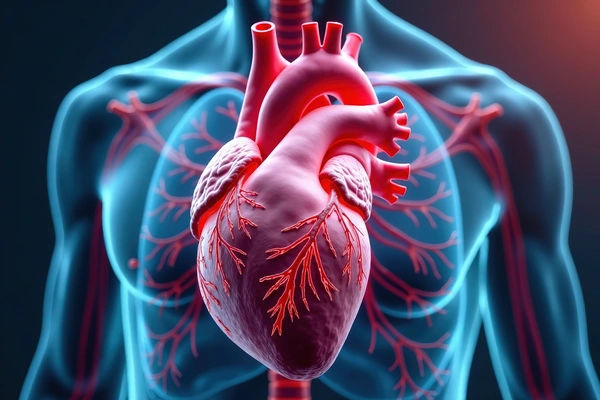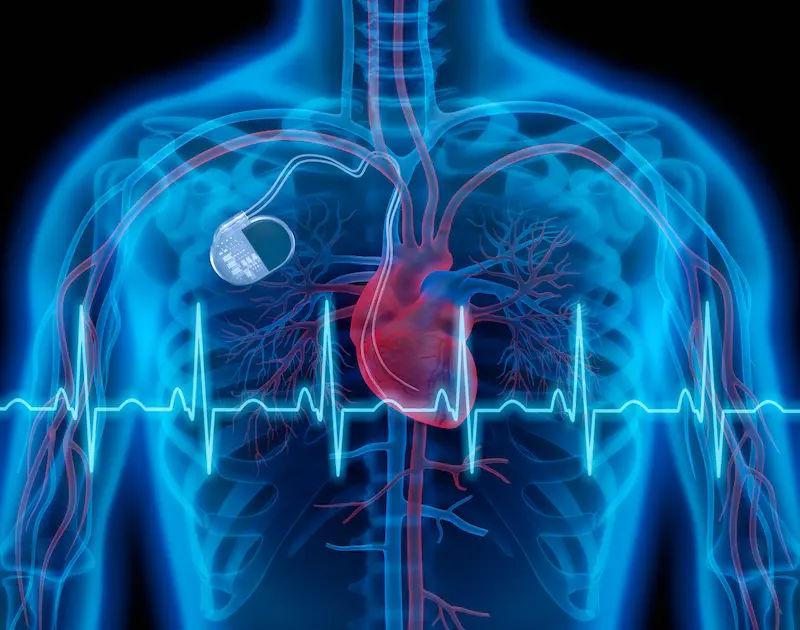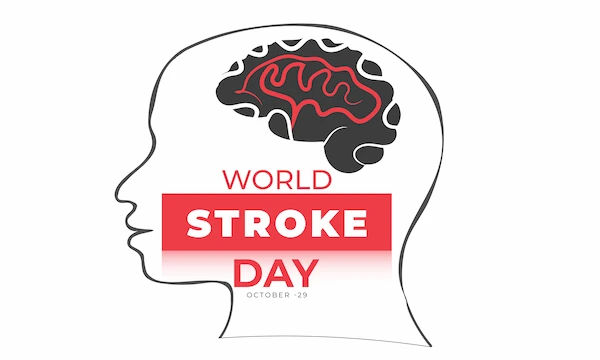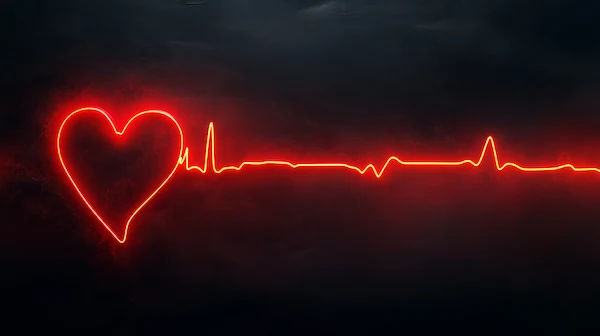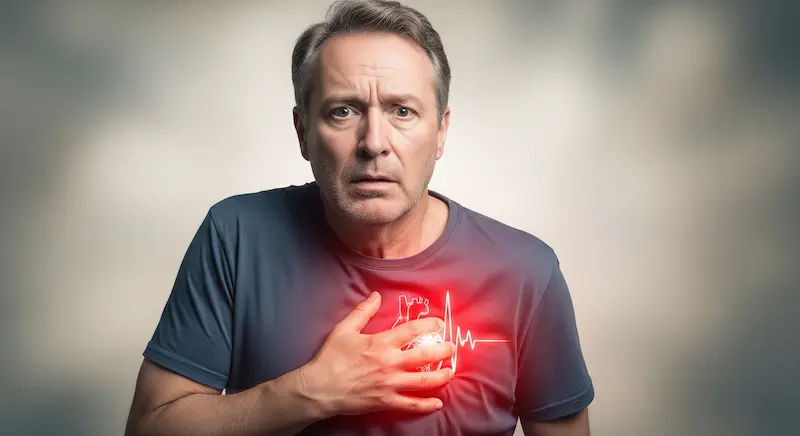- male
- 50 Years
- 22/01/2025
I'm a bit concerned about my recent test results and was hoping you could help clarify. I did a 2D echo test, but I'm not sure what counts as normal results for that. Also, I ran for 12 minutes on a stress test machine and I'm wondering what the normal results should look like for that. Can you explain what these tests mean and what I should be looking out for?
Answered by 1 Apollo Doctors
2D ECHO report normal--Normal LVRV Systolic function,no pericardial effusion, no IVC plethora,ascending aort dilated,mild mitral valve prolapse , no mitral regurgitation, normal LV function,,, tmt normal report---thread mill sress test--Less than 5 METS is poor, 5-8 METS is fair ,,9-11 METS is good,, 12 METS is excellent .
Dr. Chandra Suggests...
Consult a Cardiologist
Answered 04/07/2025
0
0

More Cardiology Health Queries
View allI've been having a bit of a worry for a while now. I'm 21 and recently went through getting an ECG done a few times, around 5 to 6 times at different hospitals, but none of them could get a proper reading. It's strange because I've never had any heart issues before. The doctors keep mentioning that my pulse rate seems to always be on the higher side. I'm stressing out because this issue made me fail medical exams for some government jobs. What could be causing this? Any suggestions on what steps I should take next? It's really starting to get to me.
It sounds like you may be experiencing a condition called sinus tachycardia, which is when your heart rate is consistently elevated. To help manage this, you can try taking a beta-blocker medication such as Metoprolol (25-50mg) once daily. This medication can help lower your heart rate and improve your symptoms. However, it's important to consult with a doctor to confirm the diagnosis and determine the appropriate treatment plan for your specific situation.
Answered by 1 Apollo Doctors
I'm a bit worried because I got an abnormal ECG report. It mentioned something about "RS inversion" in the area between V1 and V2. Can you help me understand what this means? Should I be concerned about this finding on my ECG?
In the ECG report, the findings indicate: 1. Sinus rhythm 2. RS inversion in the area between V1 and V2 The RS inversion in the anterior leads V1 and V2 could be indicative of various conditions such as myocardial infarction, myocardial ischemia, or other cardiac issues. It is important to further evaluate this finding with additional tests and consultations with a cardiologist for proper management. I recommend consulting with a cardiologist for further evaluation and management.
Answered by 1 Apollo Doctors
I'm really worried about my brother. He's 25 and we've just found out he's got a 20mm hole in his heart. I'm not sure how serious this is and what the next steps should be. Can you help us understand what all of this means and what we should do next?
Treatment for ASD depends on the size of the hole and the symptoms it is causing. In some cases, small ASDs may not require treatment and can close on their own. However, larger defects may require intervention. One common treatment for ASD is surgical repair, where the hole is closed with a patch. Another option is transcatheter closure, where a device is inserted through a catheter to close the hole. Medications may also be prescribed to manage symptoms or prevent complications. In this case, your brother may be prescribed medications such as aspirin to prevent blood clots or medications to manage heart failure symptoms. It is important for your brother to follow up with a cardiologist for further evaluation and to discuss the best treatment options for his specific situation.
Answered by 1 Apollo Doctors
Disclaimer: Answers on Apollo 247 are not intended to replace your doctor advice. Always seek help of a professional doctor in case of an medical emergency or ailment.

